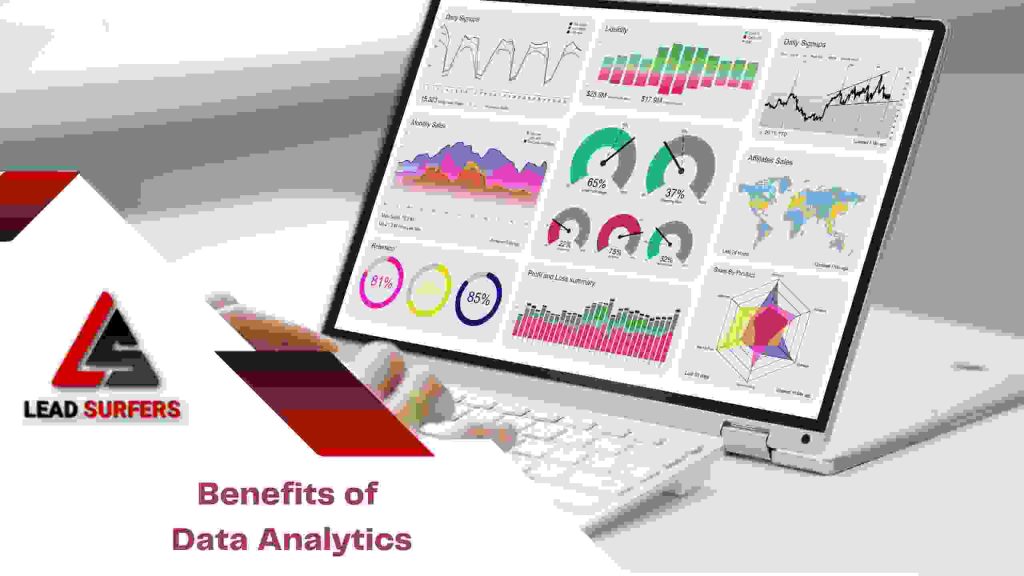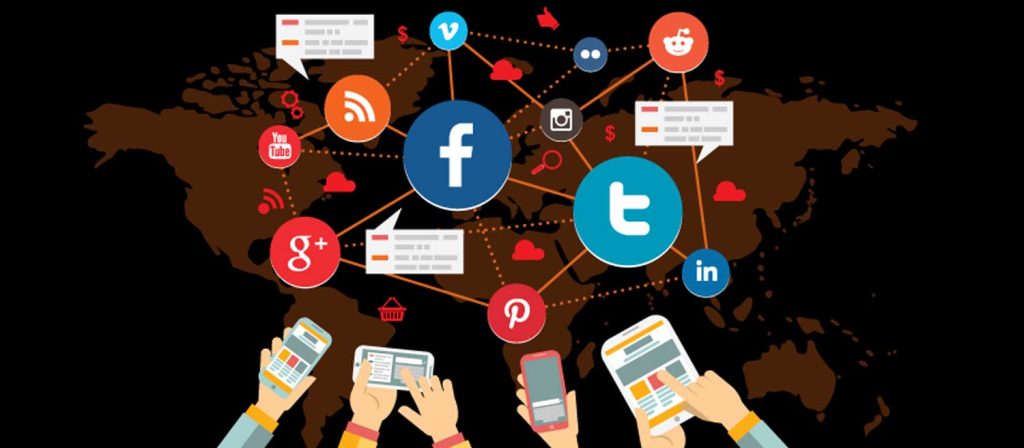In today’s data-driven world, businesses that are able to harness the power of data analytics are able to gain a competitive edge. Data analytics involves the use of mathematical and statistical models to extract insights from large and complex data sets. In this article, we’ll explore some of the benefits that data analytics can offer to businesses.
Improved decision-making
One of the primary benefits of data analytics is that it can help businesses make better decisions. By analyzing large data sets, businesses can gain insights into customer behavior, market trends, and other key factors that can inform decision-making. This can help businesses to make informed decisions about product development, marketing strategies, and other critical areas.
For example, a retailer might use data analytics to analyze customer purchasing patterns. By analyzing data on which products are selling well, which customers are buying those products, and what factors influence their purchasing decisions, the retailer can develop more targeted marketing campaigns and adjust inventory levels to better meet customer demand.
Increased efficiency
Another benefit of data analytics is that it can help businesses to operate more efficiently. By analyzing data on their operations, businesses can identify inefficiencies and areas where improvements can be made. This can help to reduce costs and improve overall productivity.
For example, a manufacturing company might use data analytics to analyze its production process. By analyzing data on factors such as machine downtime, scrap rates, and cycle times, the company can identify areas where improvements can be made. This might include implementing preventive maintenance programs, redesigning processes to reduce waste, or adjusting staffing levels to better match demand.
Better customer experiences
Data analytics can also help businesses to improve customer experiences. By analyzing data on customer behavior and preferences, businesses can develop more personalized and targeted marketing campaigns, improve customer service, and tailor product offerings to better meet customer needs.
For example, an online retailer might use data analytics to analyze customer browsing and purchasing behavior. By analyzing data on which products customers are looking at, which products they are purchasing, and what factors influence their decisions, the retailer can develop personalized marketing campaigns that target specific customer segments with products and promotions that are tailored to their interests.
Competitive advantage
Finally, data analytics can provide businesses with a competitive advantage. By analyzing data on their operations, customers, and market trends, businesses can identify opportunities that their competitors may be missing. This can help businesses to develop new products and services, enter new markets, and improve their overall performance.
For example, a financial services company might use data analytics to analyze market trends and customer behavior. By analyzing data on factors such as interest rates, economic indicators, and customer preferences, the company can identify opportunities to develop new financial products and services that better meet customer needs.
Challenges of data analytics
While data analytics can offer many benefits to businesses, there are also some challenges that need to be considered. One of the biggest challenges is the complexity of analyzing large and complex data sets. Analyzing data requires specialized skills and expertise, and may require investment in software and hardware.
Another challenge is the potential for data privacy and security breaches. Analyzing data requires access to sensitive information, such as customer data, financial information, and trade secrets. Businesses must ensure that they have appropriate security measures in place to protect this data from unauthorized access or theft.
Finally, data analytics can also raise ethical concerns. Analyzing data can sometimes result in unintended consequences, such as discrimination or other forms of bias. Businesses must ensure that they are using data in an ethical and responsible manner, and that they are transparent about how they are using data.


